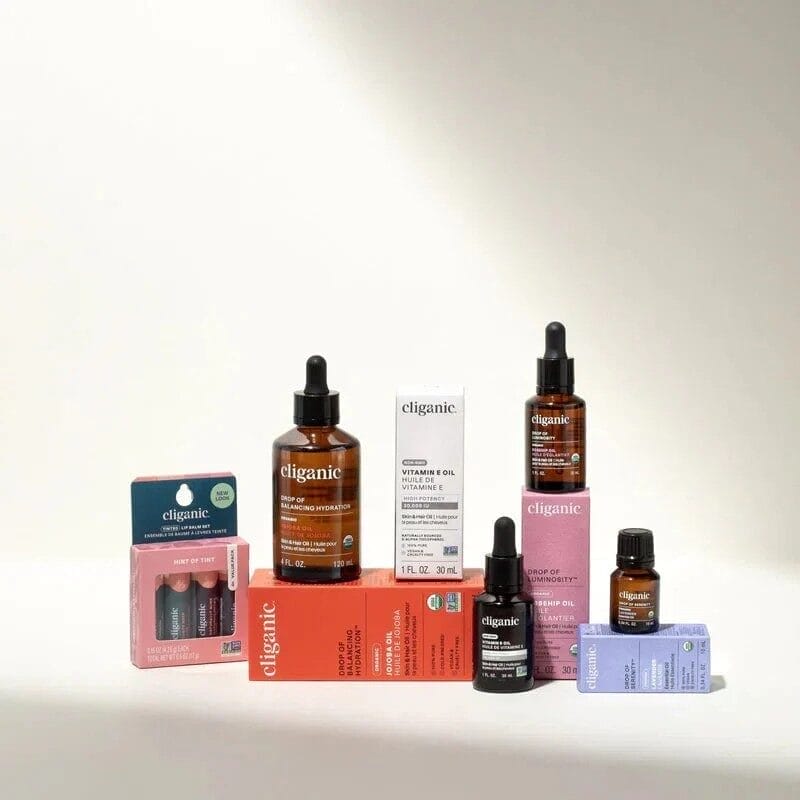Gen Z-favorite retailer Revolve is under legal fire as a $50-million class-action lawsuit alleges the brand’s influencer marketing strategy misled at least a million shoppers by disguising paid endorsements as authentic recommendations.
Influencer Marketing Under the Microscope
The lawsuit, filed in California Central District Court, accuses Revolve of violating federal trade law by running an advertising “scheme” in which influencers promoted products without clearly disclosing their paid relationships. “For many years, Revolve used its position, payments and free merchandise to entice influencers to endorse and promote its products while failing to disclose any material relationship with the brand,” the complaint states.
Lead plaintiff Ligia Negreanu claims she paid 10% to 40% more for Revolve items, believing influencer posts were genuine. “Had she known the influencers’ posts were sponsored, she would not have purchased Revolve’s products at the prices she paid,” the lawsuit alleges. Revolve’s affiliate companies and three influencers are also named as co-defendants.
FTC Disclosure Rules and Industry Pressure
The suit argues that Revolve’s paid influencers often merely tagged the brand’s Instagram account, rather than using FTC-mandated disclosures such as the “paid partnership” label or #ad hashtag. “The problem comes when you don’t disclose,” said Bogdan Enica, one of Negreanu’s attorneys, adding that Federal Trade Commission guidelines require influencers to disclose any “material connection” with the brand.
Earlier this year, the National Advertising Division of BBB National Programs recommended Revolve “modify influencer posts to clearly and conspicuously disclose the material connections between Revolve and influencers in its product gifting program”.
Legal Claims and Financial Stakes
The lawsuit alleges violations of the Florida Deceptive Trade Practices Act, the Consumers Legal Remedy Act, the Unlawful Business Practices Act, and consumer protection laws in more than 20 states. It seeks $50 million in damages, arguing that “at least one million consumers have purchased products from Revolve and paid a premium for them in reliance on the defendants’ endorsements.”
Revolve’s own 2023 annual report acknowledged the risk of litigation if its influencer partners failed to follow FTC guidelines.
A Growing Business Facing New Scrutiny
Despite the legal challenge, Revolve business has been growing. The company reported net sales of $1.1 billion in 2024, up 6% from the previous year, with profits rising 73% to $48.8 million. Shares closed up nearly 4% after the lawsuit was filed, though they remain down 38% for the year.
As scrutiny intensifies around influencer-driven marketing, the outcome of this case could set a precedent for brands and creators navigating the ever-evolving world of digital endorsements.

















